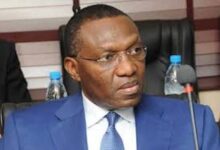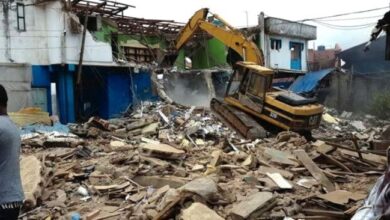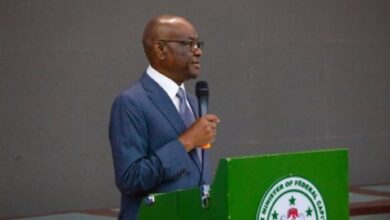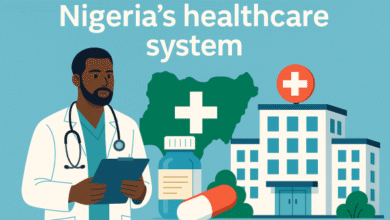Boost Nigerian cities’ economy through industrialisation, Town Planners tell Govts.
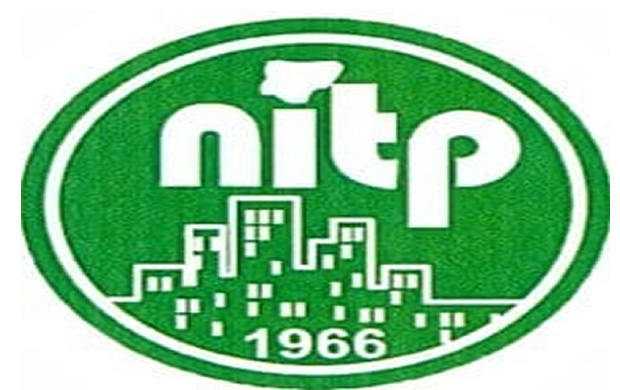 Mr Omotayo Awomosu, Chairman, Lagos chapter of the Nigerian Institute of Town Planners (NITP), has urged governments at all levels to boost the economy of Nigerian cities through industrialisation.
Mr Omotayo Awomosu, Chairman, Lagos chapter of the Nigerian Institute of Town Planners (NITP), has urged governments at all levels to boost the economy of Nigerian cities through industrialisation.
Awomosu stated this at the 2023 World Habitat Day, organised by Ministry of Physical Planning and Urban Development, Lagos, on Monday.
BRANDPOWER reports that the theme of this year’s Day is: “Resilient Urban Economies: Cities as Drivers of Growth and Recovery.”
Sanwo-Olu begins $100m African Film City construction in October
He explained that governments could promote industrialisation by implementing policies and programmes that would encourage manufacturing and related activities.
“Cities serve as the engines of growth and centres of innovation for every human civilisation and they have been performing these roles since they arose in the earliest civilisation in the Fertile Crescent of Mesopotamia,” he said.
According to him, to boost the nation’s economy, government must invest in development of cities through policy and programmes that would boost their economic base.
“How many industrial estates have we built in the last 30 years? Rather, many of the properties in the existing industrial estates had been converted to event centres and places of worship.
“There is the need for more investments in infrastructure, such as power supply and public transportation,“ Awomosu said.
He further stated that World Habitat Day was declared in 1985 by the United Nations as an advocacy tool, with the purpose of educating the public on issues of concern, mobilising the political will and resources to address global problems.
The NITP chairman quoted the UN-Habitat World Cities Report for 2021 as stating that no fewer than 163 million poor people lived in urban areas worldwide.
“The recent World Bank Report, titled: “A Better Future for All Nigerians: Poverty Assessment 2022″ also estimated that as many as four in every 10 Nigerians live below the national poverty line.
https://www.boi.ng/large-enterprises/
“Many of these people had been displaced by insurgencies, banditry and other forms of conflicts and disasters, such as flooding emanating from climate emergencies,’’ he said.
Awomosu added that Lagos had been the recipient of a large proportion of the huge population of displaced people and needed jobs which, he said, was tied to growing urban economic base.
“Worldwide, sustainable city economic base depends on a healthy balance between the manufacturing and service sectors,” he said.
The NITP chairman urged decision makers to embrace town planning toolkit for solutions to human settlement problems while doing all to scale up Nigerian cities economy.
In his goodwill message, Mr Kunle Salami, Chairman, Technical Committee on Lagos State Urban Development Project, stressed the need for sensitisation for development projects to take place.
Salami said that the on-going industrialisation project by the Gov. Babajide Sanwo-Olu-led administration would last for 30 years.
Also at a panel discussion, the participants enjoined Nigerians to get involved in planning and execution of urban renewal projects to avoid illegal dredging.
They called for consistent government policies, accurate data, creation of more satellite towns and private sector partnership (PPP).





